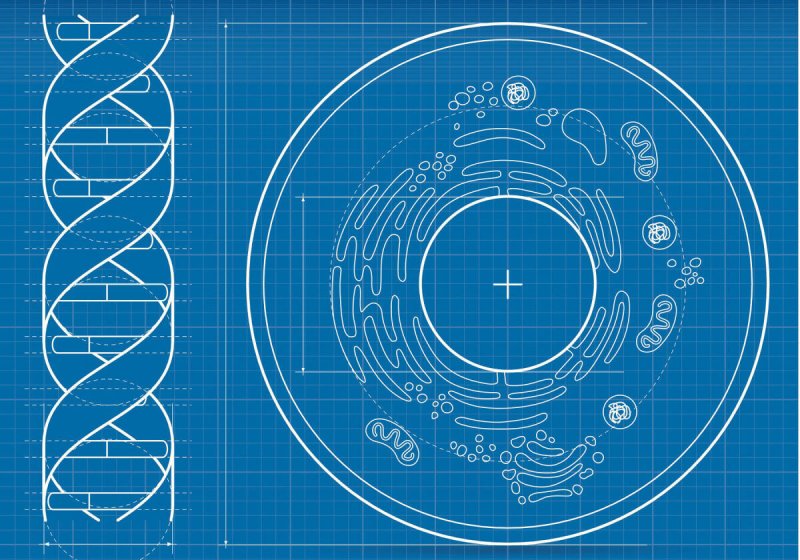Cancer’s impenetrable secrets partly rely on its mysterious molecular history.
As cells turn to the dark side, a whirlwind of DNA changes gradually accumulate. Like flipping multiple interlinked light switches, the cell gradually changes its internal molecular operations, until its once-beneficial nature turns malevolent.
…
[A] team at MIT tapped the computational power of DNA to transform it into a minicomputer. Similar to its silicon counterpart, the technology dubbed DOMINO allows cells to read and write life events into single letters in its DNA. Unlike previous generations of cellular recorders that disrupt large chunks of genomic information, DOMINO alters data at the “bit” level. This keeps the cell functional, while massively increasing accuracy and storage capacity.…
At the heart of DOMINO are CRISPR base editors, a relatively new version of the gene editing tool that precisely swap one genetic letter for another. Think of every swap as tapping a computer key—multiplexing swaps lets researchers hit multiple keys in the correct sequence at the right time, and so write a cell’s history straight into its DNA. Sequencing the genome then retrieves the recordings, which can be pieced together into a biological timeline.
Read full, original post: Cellular Computers Get a Boost With CRISPR































